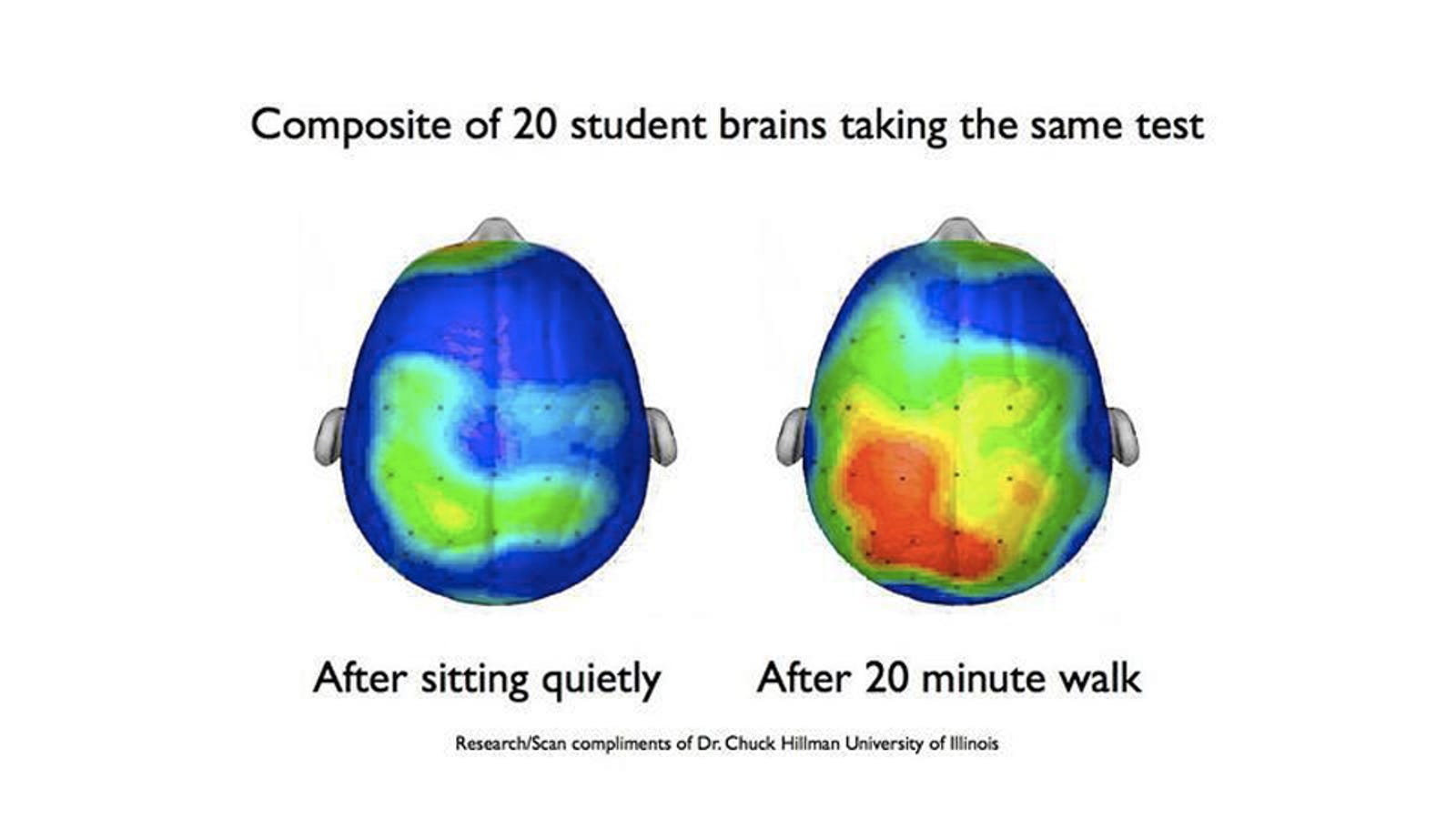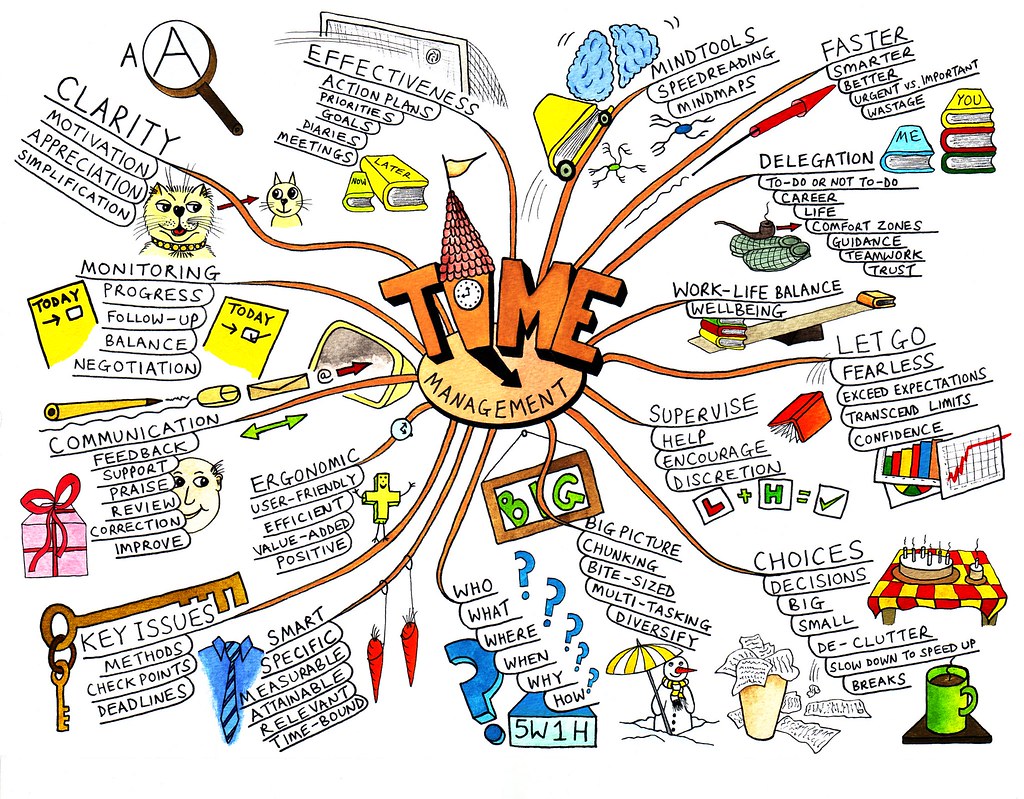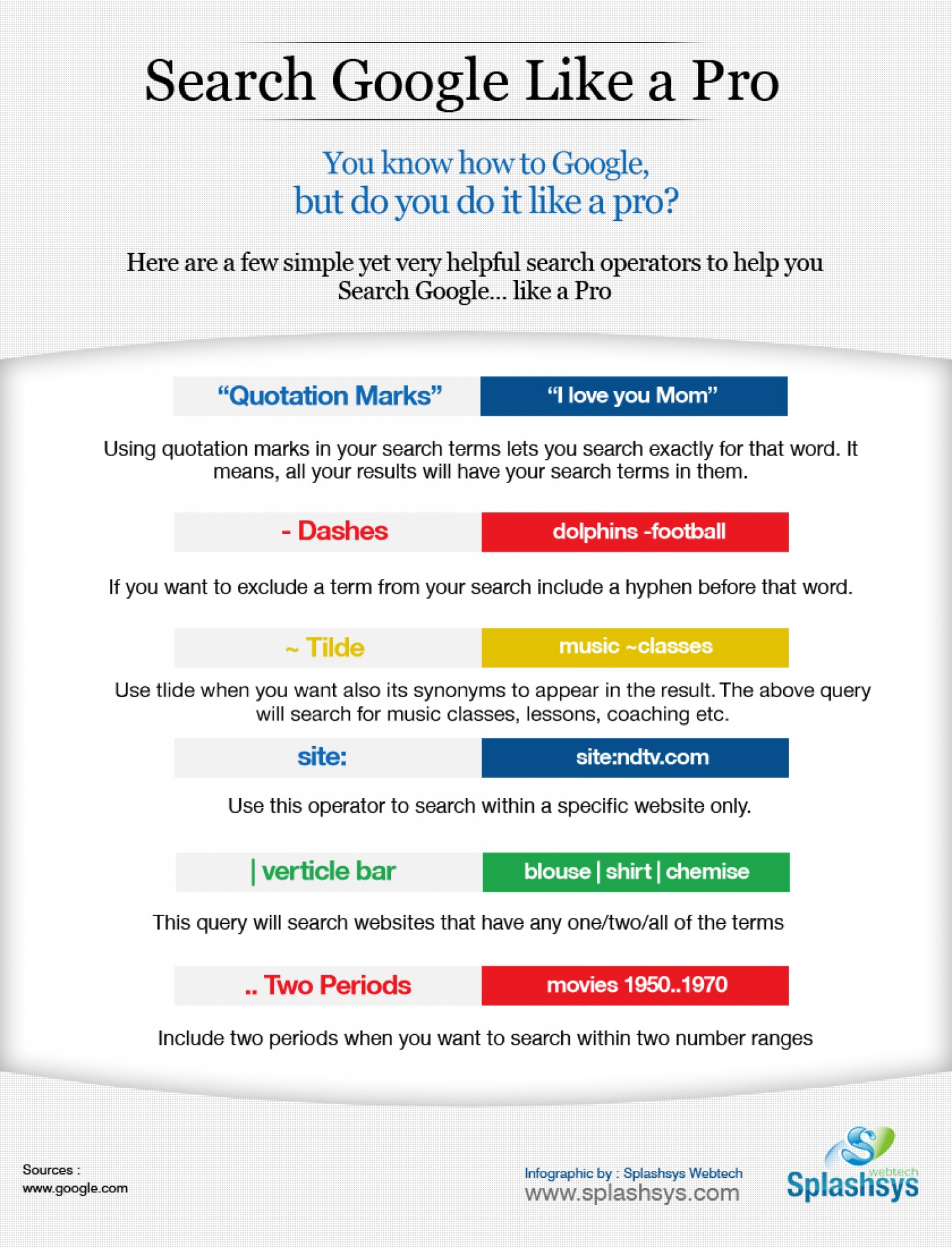We scoured the web to uncover the best study hacks that can help your brain remember information better.









1. Walk Before Your Exam
Research by Dr Chuck Hillman at the University of Illinois shows that doing approximately 20 minutes of exercise before an exam can improve performance. This includes walking, pushups and sit-ups.
2. Read Out Loud
This might sound a little crazy, but you are 50% more likely to remember things when reading things out loud. Just don't do this in a public library.
3. Treat Yourself
Remember to reward yourself after you've achieved a goal, like reading a chapter or section in a book. You can also integrate a reward system as part of your daily study habits.4. Teach Others What You Have Learned
This works well in two ways. Firstly, by teaching someone else, you're putting your knowledge to the test. Secondly, you're coming across as very friendly. Related Learning: Functional Skills Maths5. Use the Feynman Technique
Similar to the above hack, the Feynman technique requires you to write about the topic as if you were explaining it to a 4-year-old child.6. Use Mind maps
Mind maps are another great study technique which makes use of visual imagery and texts so you can engage both, the logic and creative, sides of the brain.
7. Draw Illustrations
When you come across a piece of information that is difficult to describe, then draw a diagram. This helps you to visualise the information, making it easier for you to recall during the exam.8. Use a Font That is Easy to Read
Numerous studies, such as the one conducted by the University of Bristol, have found that Times New Roman is the best typeface for reading any document, making it the fastest font to read. Related Learning: Functional Skills English9. Block Distracting Sites
Using apps like SelfControl can help you block distracting websites like Facebook and Twitter for a certain amount of time.10. Master Google
Familiarise with all the handy tips and shortcuts to help you save time when searching for sources on the biggest search engine on the planet; Google. Follow the tips shown in the image below:
11. Use Flashcards
Create flashcards to quickly test your knowledge of theories, key concepts, formulas and definitions. You can either create physical flash cards using a pack of index cards, or you use an app like GoConqr.12. Take Regular Study Breaks
When you're studying very hard, you need to make time for breaks to help your brain absorb the information, and to help you maintain both your motivation and focus. After every 45 to 50 minutes, take a 5-minute break. Studying for prolonged periods without a break can impair your focus and concentration.13. Listen to the Right Type of Music
Certain genres of music can help to elevate your mood and boost your productivity. For instance, classical music can help to soothe and calm your senses.
14. Practice, Practice, Practice
To help your brain retrieve information from your memory, practice taking sample exam questions in exam conditions.15. Avoid Doing an All Nighter Before an Exam
Sleep is crucial for your brain to assimilate the information that you have learned. So make sure you get a decent night's sleep before the exam, it will help you remember those rather tricky maths formulas.
16. Watch Documentaries
Watching documentaries is excellent for learning a topic in a short space of time. And a well-produced documentary can help you remember key details more easily.17. Study in a Group
Studying with your fellow classmates can help you bounce different ideas and concepts with one another. It'll also help you gain new insights and perspectives, which enhances your overall learning experience. Related Learning: Functional Skills ICT18. Meditate
Meditation is a useful study hack that can help you keep focused when studying and reduce pre-exam stress. It also improves both your mental and physical health.19. Try New Ways Of Studying
Try experimenting with different study techniques to find out which one works really well for you. Remember, everyone is different, and they will have their own learning styles.20. Use Scent To Stimulate Your Memory
Even though this might seem like an unusual concept but if you spray a scent with a notable fragrance while you study, and then spray that same scent before your exam, it will help jog your memory.21. Try Different Study Spaces
As creatures of habit, we will have our favourite seats in a library or a study spot when we revise for our exams. But actually, we retain information better when we vary our places of study. Trying studying in a library one day, and then in a coffee shop the next.22. Watch YouTube
Besides watching documentaries, you can also watch videos on YouTube. There are a number of channels that provide crash courses on the topic that you're studying.23. Regulate Caffeine Intake
For some, caffeine is their nectar of life. But for others, like me, caffeine can make one feeling rather jittery and anxious. For those in the latter, try and regulate your caffeine intake or drink something that has lower caffeine content like green tea.
24. Try Writing Your Notes, Instead of Typing Them
Studies have shown that when writing things down by hand, you're exercising more cognitive functions, helping you retain information much better.25. Break Down Your Topic
If you need to memorise a large amount of information, don't try and cram everything at once. Instead, break everything down into smaller, manageable chunks, and assign a small portion to learn each day. Ensure you fully familiarise with one section before moving onto the next.26. Read Through Your Notes Immediately After Class or Lecture
After class, take the time to go through your notes to familiarise with what you have learned. This will make it easier for you to retrieve information near exam/revision time.27. Eat Well
Research has shown that having a well-balanced diet can help improve your exam performance. The brain requires key nutrients to perform well, so make sure your diet is rich in vitamins and proteins.28. Exercise
Besides maintaining a well-balanced diet, taking part in physical activity will enable your heart to pump more oxygen and nutrients to your brain and the rest of your body. The more oxygenated your brain is, the better it works.29. Train Your Brain
Your brain also needs a workout too. Just like any other muscle in the body, if your brain is not kept active, it will turn latent. Get your brain engaged in various exercises like reading, solving puzzles or try learning something new. You can exercise your brain through a variety of brain training apps.30. Do One Thing at a Time
Our brains can only focus on one thing at a time, so give your full focus on one topic rather than juggling multiple topics and subjects.



 Student Login
Student Login My Account
My Account